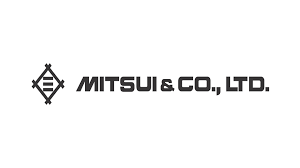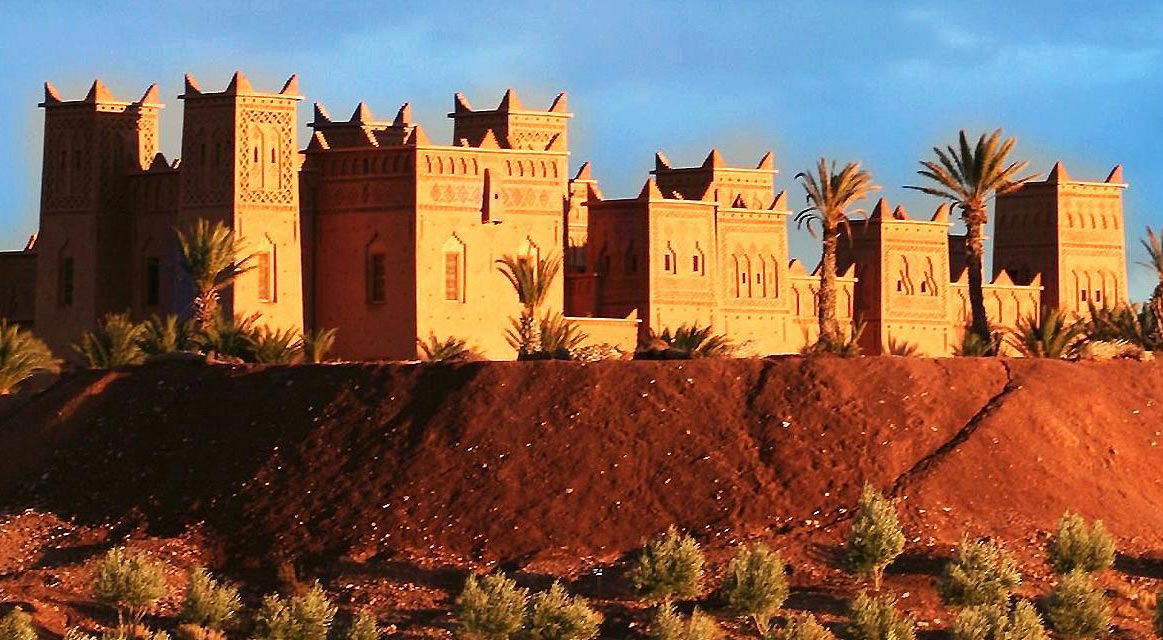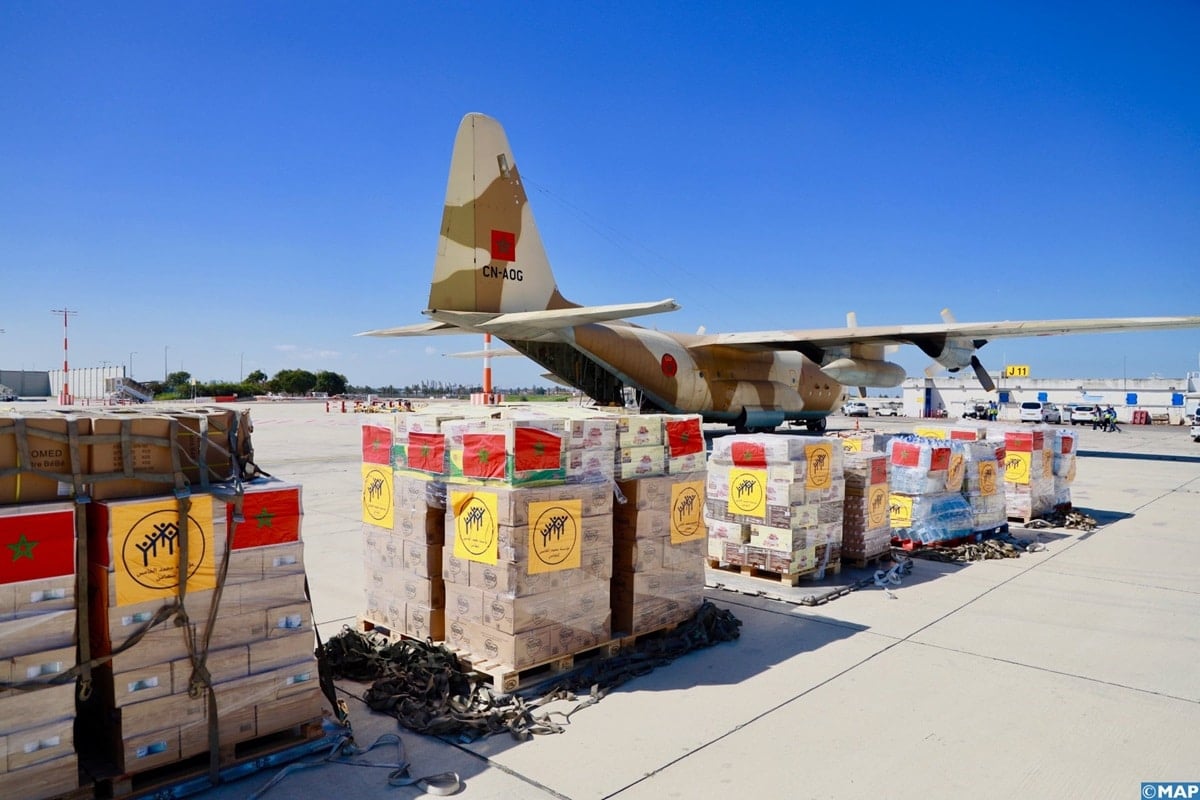 Japanese group Mitsui & Co. has injected over $27 million in the capital of Zalar Holding, an operator of grain, feed, and broiler integration businesses in Morocco and Senegal.
Japanese group Mitsui & Co. has injected over $27 million in the capital of Zalar Holding, an operator of grain, feed, and broiler integration businesses in Morocco and Senegal.
The two sides also agreed to set up a strategic business alliance. Through this transaction, Mitsui & Co. looks forwards to contributing to food supply in the region by supporting the growth of Zalar, which operates projects in North and West Africa, focusing on Morocco, where population expansion and economic growth means demand for animal protein is expected to increase.
Since its establishment in 1974, Zalar has continued to grow as the only vertically integrated operator, which handles grain imports, feed production, broiler, and meat processing.
Emerging countries are expecting a growth in demand amidst rising needs for animal protein, not only because of population expansion and economic growth, but also as there are no religious constraints for eating chicken, which has the best feed efficiency out of animal proteins.
Although the amount of chicken consumption per capita in Morocco is still only halfway to expansion compared with developed countries and countries with a similar food culture, continued growth in demand is expected.
Over many years, the Mitsui Group has been developing grain, feed, and broiler integration businesses centered on the Japanese and Asian markets.
Through this capital participation, “we aim to work in collaboration with Zalar and utilize our accumulated business expertise and knowledge to construct a supply system which responds to the expanding demand for animal proteins in areas of Africa experiencing remarkable growth”, said the Japanese Group.
Agribusiness is Morocco’s second-largest industrial subsector, accounting for around 27 pc of industrial GDP. Made up of some 2050 industrial units (comprised mainly of small and medium-sized companies), agribusiness employs up to 143,000 people, representing 25% of the industrial workforce. Between 2000 and 2011, sector turnover increased by an annual average of 6 pc. Key growth segments in recent years include processing for cereals, dairy and poultry.
The sector’s performance remains modest due to several reasons – ranging from competition with the informal sector and imports, to a shortage of inputs and high taxes – which have strained development.
Agribusiness output is mostly destined for the domestic market, with exported goods accounting for 12 pc of total industrial exports. While they have increased in value, volumes have remained more or less constant over the past decade.
The Green Morocco Plan [Plan Maroc Vert, PMV] has allowed the sector to develop a diverse range of exportable goods, both in terms of quantity and quality.


